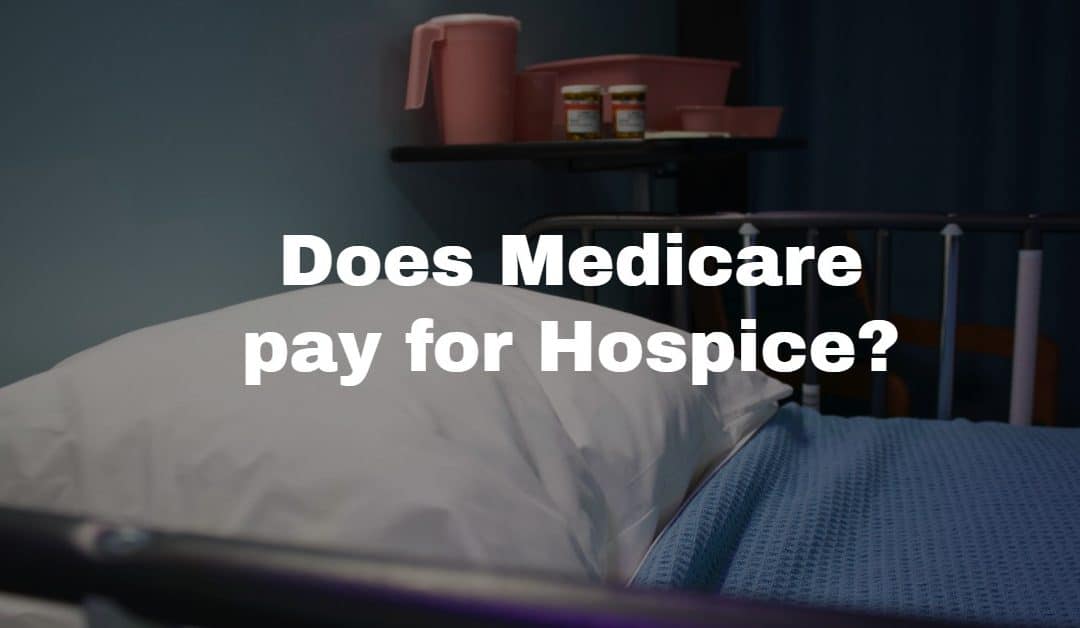In recent years Hospice Care for the dying has become an accepted and appreciated option for the terminally ill. In fact, in many areas of the country, Hospice is involved in some 60% of deaths.
Hospice care can result in significant improvement in a patient’s quality of life and enable them to spend their last days comfortably and with dignity. It allows them and their loved ones to focus on the patient instead of the disease. It is most often a relief for both the dying and their caregivers to finally choose hospice care. Now they can talk about important things that will leave positive memories for years to come. As a Funeral Director I have seen first hand how much better prepared Hospice families are emotionally and spiritually.
If the patient is enrolled in Medicare Part A they qualify for almost full coverage of Hospice care. Two primary conditions must be met:
- The attending physician must certify that they have a terminal disease and that life expectancy is unlikely to be more than 6 months
- They must formally give up any further treatment of the illness or condition other than that which will alleviate or minimize pain.
Hospice coverage IS NOT LIMITED TO SIX MONTHS. Even though it is intended for a six month period Hospice care can last much longer. Medicare provides for reevaluation after 90 days to determine if Hospice care is still appropriate. If it is, then it is reevaluated after another 90 days and can be continued in 60 day segments after that.
The decision to give up treatment of the illness or condition does not prevent treatment for other medical conditions. For instance, if an infection developed that could and should be treated.
Medicare will pay for care by a Medicare-certified agency and the extent of that care will depend on the patient’s needs but can include:
- Physicians, nurses and other medical personnel
- Personal Aides
- General housekeeping services
- Counseling
- Medication and Equipment
- Respite care to relieve family caregivers by moving the patient ot a hospice facility for up to five days.
Medicare pays the Hospice Agency directly. The patient is responsible for up to five dollars ($5) for each prescription and a co-payment of five percent (5%) of what Medicare pays for inpatient respite care.


